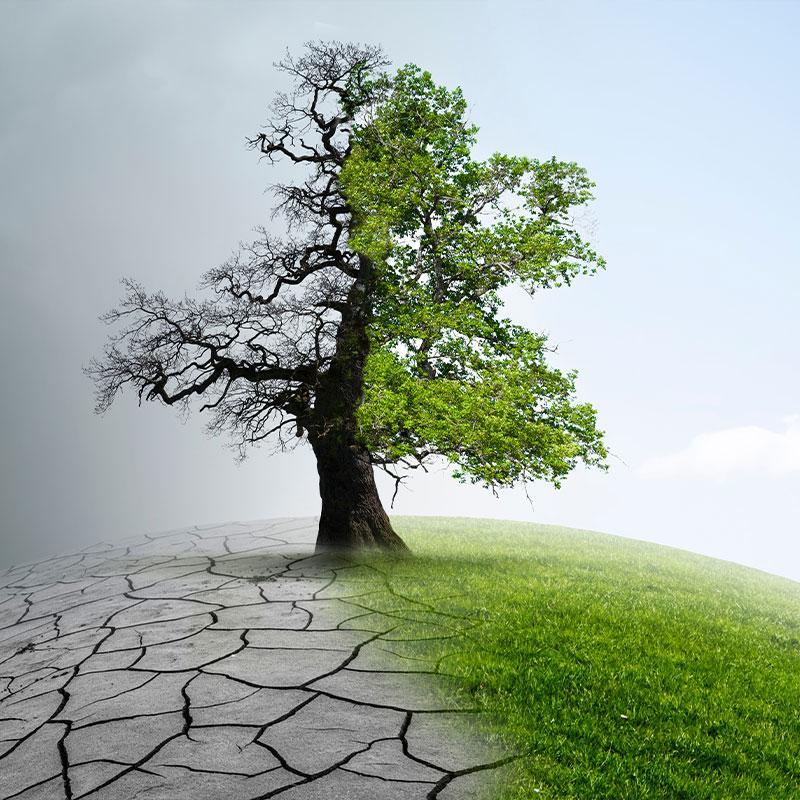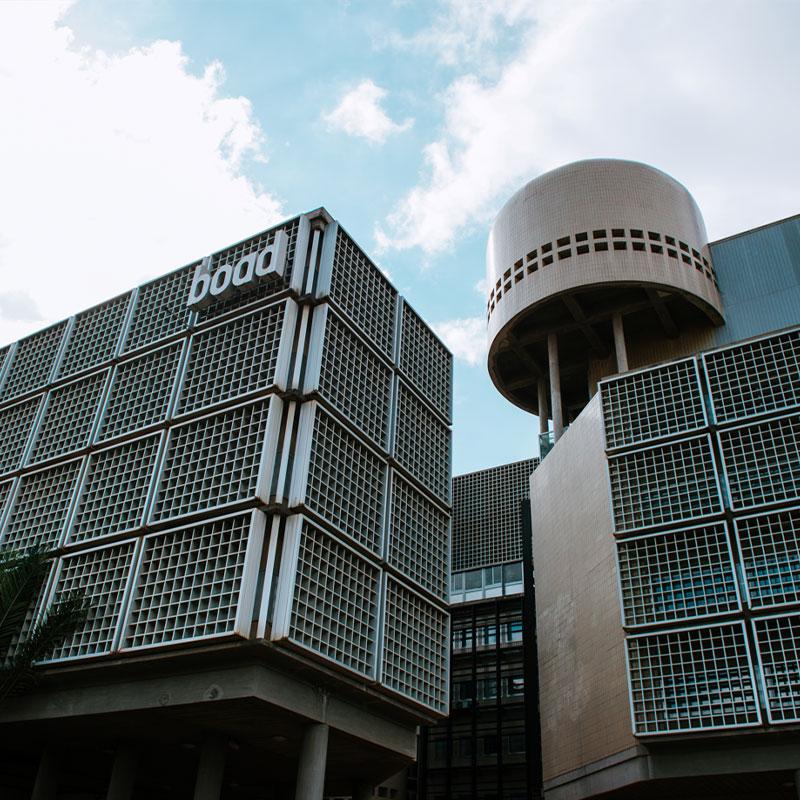- Strengthen the resilience of WAEMU (West African Economic and Monetary Union) member countries and communities to the effects of climate change.
- Develop an integrated approach to reducing carbon emissions from BOAD-financed projects.
- Promote a systemic and integrated approach to managing environmental and social risks and impacts throughout project cycles.
- Align BOAD’s environmental and social protection framework with international standards, while taking into account the realities and priorities of WAEMU countries.
- Enhance promoters’ ability to meet today’s environmental and social challenges.
The policy is committed to ensuring the environmental and social sustainability of BOAD-financed projects, by protecting health and safety and encouraging the rational use of natural resources. It also promotes gender equality, the reduction of inequalities and the fight against the effects of climate change.
BOAD is committed to strengthening the resilience of member countries and communities to extreme climatic events. To this end, it establishes nine environmental and social safeguard standards aimed at avoiding, minimizing, reducing or mitigating the risks and negative impacts of projects.
The policy applies to all projects submitted to BOAD for financing, from both the public and private sectors, with the exception of specific projects listed in an exclusion list. It covers areas such as climate change adaptation, pollution prevention, biodiversity, gender mainstreaming, worker protection, land acquisition and cultural heritage preservation.
BOAD requires promoters to set up environmental and social commitment plans right from the preparation phase, and to involve stakeholders throughout the project cycle. Mechanisms for handling grievances are also provided for.
In short, BOAD’s environmental and social policy aims to promote sustainable projects that are resilient to climate change and respect environmental and social aspects in the WAEMU region.



